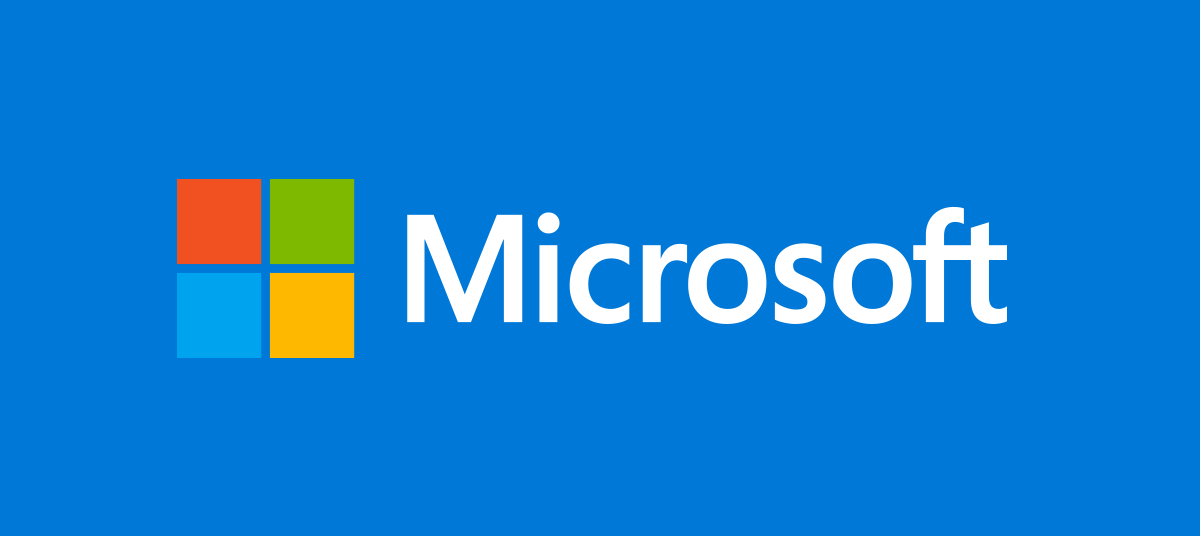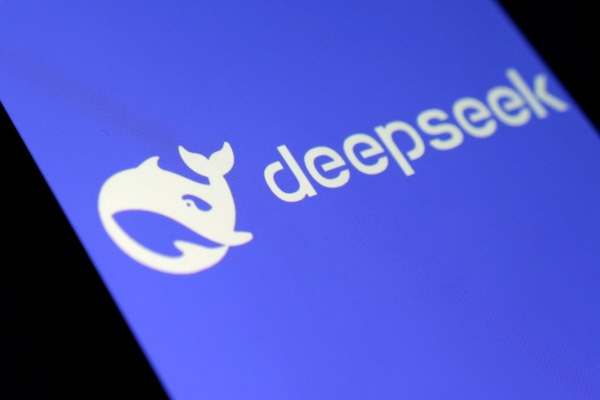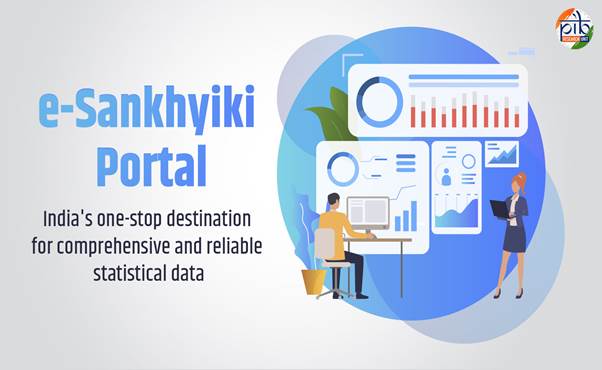Microsoft India is taking steps to support a wider range of Indian languages, making technology more accessible and inclusive for people across the country. They’ve just added four new languages to Microsoft Translator: Bhojpuri, Bodo, Dogri, and Kashmiri.
This means that Microsoft Translator now covers a total of 20 Indian languages, including popular ones like Hindi, Bengali, and Tamil.
The goal is to eventually support all 22 official Indian languages, and this expansion brings them closer to that target. These languages collectively represent the speech of nearly 95% of India’s population.
What does this mean in practical terms? Well, it’s a big deal. It means that more people can now use technology in their native language, which is crucial for improving education, literacy, governance, communication, and access to information.
It also opens up economic opportunities for local businesses and artisans, helping them connect with a wider audience. Perhaps most importantly, it helps preserve the rich indigenous knowledge and cultural identity of these communities by bringing their languages into the digital mainstream.
This update has the potential to impact around 61 million people. For instance, Bhojpuri is spoken by about 51 million people in regions like eastern Uttar Pradesh, Bihar, and Jharkhand. Bodo is used by approximately 1.4 million people in states like Assam and Meghalaya, as well as neighboring Bangladesh. Dogri is spoken by 1.6 million people in Jammu and Kashmir, Himachal Pradesh, and Punjab. Kashmiri is the language of around 7 million people in Jammu and Kashmir and parts of neighboring Pakistan.
Microsoft’s collaboration with Jio Haptik and the integration of Microsoft Translator are significant steps towards breaking down language barriers and empowering India’s diverse communities by providing technology access in their own languages.
Press release







